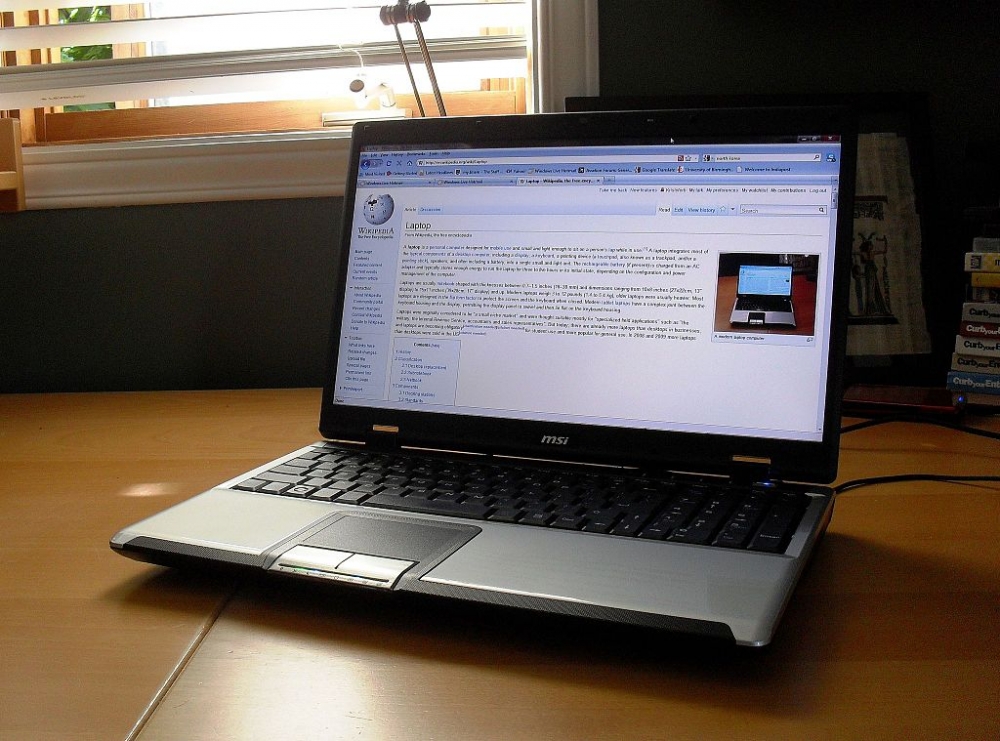UPDATED: US bans electronic devices from cabins on some airlines.
20 March, 2017
3 min read


The US government has confirmed it has banned electronic devices such as laptops, tablets and cameras from cabin baggage on flights to the US from some countries in the Middle East and North Africa.
The ban affects flights from eight Middle Eastern and North African countries and nine airlines operating out of 10 airports. People will still be allowed to take mobile phones with them and medical devices are also exempt.
The ban was revealed in tweets from airlines and the Associated Press reported it covered all direct flights to the US from Cairo, Egypt; Amman, Jordan; Kuwait City, Kuwait; Casablanca, Morocco; Doha, Qatar; Riyadh and Jeddah in Saudi Arabia; Istanbul, Turkey; and Abu Dhabi and Dubai in the United Arab Emirates..
Dubai-based Emirates confirmed that the ban will take effect from March 25 to October this year while Abu Dhabi-based Etihad, which also said it was affected, warned that travellers would have to put the devices in their checked luggage at their point of origin.
“Mobile phones and medical devices are permitted but larger items such as laptops, tablets, cameras and e-readers will need to be placed into checked-in baggage,'' Etihad said. " For those guests bound for the U.S., this must be done at the point of origin which may not necessarily be at Abu Dhabi International Airport.''
It is understood that other impacted airlines are Qatar Airways, Royal Jordanian Airlines, Egypt Air, Turkish Airlines, Saudi Arabian Airlines, Kuwait Airways and Royal Air Maroc,
US media reports said that authorities had relied on "evaluated intelligence'' about unspecified terror threats to make the call.
The BBC's security correspondent, Frank Gardner, said this meant that US intelligence had either intercepted discussion of a possible extremist plot or had been passed word of one by a human informant.
"The Middle Eastern and North African airports affected are nearly all ones with close, friendly relations with Washington, so this will be seen by some as a drastic and unpopular measure,'' he said.
A tweet from Royal Jordanian which alerted media to the move said instructions from “concerned US departments’’ cited laptops, tablets, cameras DVD players and electronic games as examples of items which needed to be carried in checked baggage.
While US authorities declined to comment on a specific reason for the move, there is speculation it could be related to laptop bomb detonated on Dubai-based carrier Daallo as it departed the Somali capital of Mogadishu in February, 2016.
The laptop was thought to have been rigged with a timer set to explode when the plane was at cruising altitude but a delay meant it was still at 14,000ft when it detonated and blew a hole in the fuselage.
The only casualty was the alleged bomber, who was apparently blown out of the plane, and the Islamist militant group Al-Shabaab later claimed responsibility.
Still unclear is how the US authorities assessed the safety implications of placing a big number of electronic items generally powered by lithium ion batteries in the hold. There have been a number of instances of batteries overheating and these have been easier to detect because they have been in the cabin.
Get the latest news and updates straight to your inbox
No spam, no hassle, no fuss, just airline news direct to you.
By joining our newsletter, you agree to our Privacy Policy
Find us on social media
Comments
No comments yet, be the first to write one.

